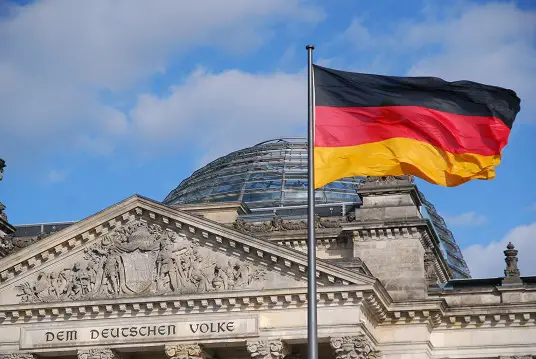On Monday, the RND news outlet reported that Chancellor Olaf Scholz’s Social Democrats (SPD), the ruling party in Germany, has prepared an initiative which would restructure the economy in an effort to reduce the cost-of-living crisis by redistributing money within the country, according to a draft economic policy proposal being prepared for the party’s December conference.
The report details a plan to reform regulations by taxing the nation’s top earners with a temporary “crisis tax,” which would levied on top of the taxes they already pay.
It also contains a plan to reform the inheritance and gift tax regulations to place a higher tax burden on the “super-rich” which would force millionaires and billionaires to pay more than individuals with lower incomes.
The plan is structured to cut the taxes of 95% of the citizenry, while still increasing the nation’s tax revenues, which the party says it will invest in education.
The party also proposes activating private capital by forming a state fund, with an annual investment volume of €100 billion.
The party is also proposing the nation reform the debt brake, a mechanism which limits public debt by preventing the government from taking on debt worth more than 35% of its yearly GDP, except in crisis situations. The debt brake was suspended during the Covid-19 pandemic, but was reinstituted once the outbreak was contained. The SDP is seeking to amend the brake rules, as it maintains that as operated, the brake, “slows down the necessary change.” It says if it is allowed to reform the rules governing the brake, it would be able to invest more in infrastructure, climate change, digitization, and education.
Other proposals the party is pursuing include an increase to the minimum wage, an effort to reduce working hours without reducing wages, and setting “an industrial electricity price,” to cut electricity prices.
The SDP says that its proposed measures would allow the party to create 1 million jobs by 2030. The report said the draft proposal could be included in the party’s 2025 election campaign.
In the document, the party reportedly says, “Germany has become too complicated, too expensive, too slow in many areas.”
For months the German economy has been steadily weakening. In the first quarter of the year it slipped into a technical recession as the economy was buffeted by soaring inflation, higher interest rates, and the impact on its manufacturing sector of skyrocketing energy costs. Although the economy saw a modest expansion in the second quarter, the third quarter saw it give up the gains by shrinking 0.1%.
Last month, the CEO of Deutsche Bank warned that the economy could end up being known once again as the “sick man of Europe,” as it was referred to in the 1990’s, unless Berlin moves quickly to impose structural reforms.


